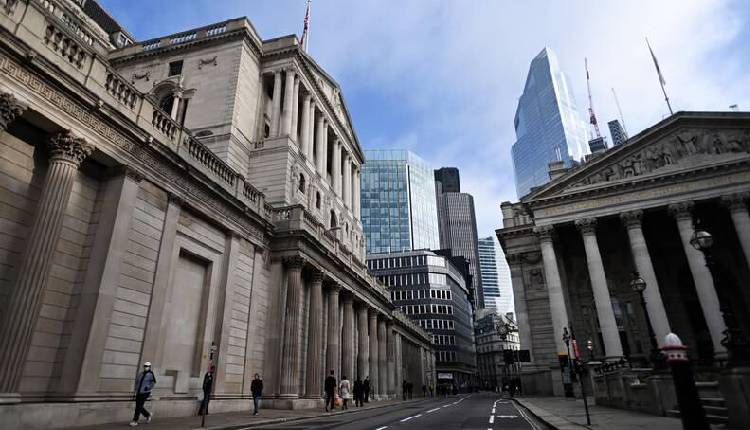Private credit funds-banks ties in Europe deepen amid higher default risks
Private credit funds in Europe are increasingly borrowing from banks to boost their performance, fuelling concerns about the increasing risks posed by this interconnectedness, Reuters reported on Thursday.
A record 80 per cent of new European private credit funds used bank loans in 2023, known as ‘subscription lines’, to lend money before drawing on investor funds, according to MSCI Private Capital Solutions research shared with Reuters.
Some credit funds use subscription lines to boost returns, especially when they start operating, according to an MSCI study.
Regulators, including the Bank of England (BOE), are investigating the risks associated with lenders’ exposure to these loosely regulated credit funds.
The rise of shadow banks has alarmed some financiers due to the potential for new asset bubbles that could destabilise financial stability. Chris Naghibi, COO of First Foundation Bank, warns that banks’ increased involvement in private credit brings them closer to inherent sector risks.
Some private credit funds are leveraging their loans, which can maximise returns but also amplify potential losses. This comes as corporate distress in Europe hits its highest level since the start of the COVID-19 pandemic.
European private credit funds, though smaller than bank lending, manage $460 billion, according to UBS. Their growth, coinciding with an economic slowdown, raises concerns that private lending might delay business restructuring decisions.
As these funds don’t have to disclose detailed loan information or the leverage they use, it’s difficult for regulators and bank investors to determine if credit fund lending is deteriorating.
A recent BoE study revealed minimal defaults in the private credit market compared to riskier lending markets.
S&P Global predicts a 3.75 per cent default rate by June for European speculative borrowers it monitors.
Private credit funds in Europe are using flexible lending and complex refinancing to avoid defaults, with nearly 70 per cent of deals involving a single lender.
Some funds adjust loan terms to delay stress, potentially leading to lower recoveries, while others collaborate with company owners to prevent losses.
The use of payment-in-kind facilities (PIKs) in lending deals doubled in the last quarter of 2023.
A fifth of deals and banks have extended loan repayments and maturities, respectively, pushing back the confrontation with higher debt costs, but banks are required to disclose this in their reportable data.


